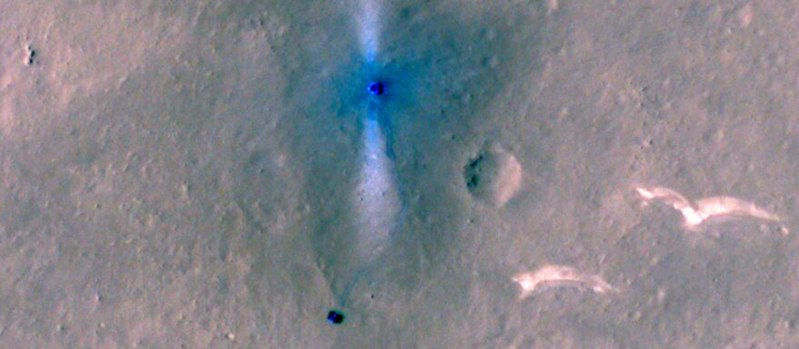WHERE ARE THE ROVERS ON MARS?
- MARS4
- Sep 23, 2022
- 3 min read
Mars, that wandering red dot in the infinite sky, was first described by ancient Egyptians. Then the Babylonians, the Shang Chinese, the Mesopotamians, the Greeks… until it was given its current name by the Romans: Mars, their god of war. Since then, hundreds of years have passed. Telescopes, orbiters, landers and lately, rovers have paved to way to a better understanding of the planet. The latter, rovers, are currently exploring the surface, but where are those rovers, and what do they do?

Mars 2, Mars 3 and the PrOP-M rovers
Launched in 1971, the USSR missions Mars 2 and Mars 3 carried similar rovers: the PrOP-M rovers. Tiny, with a weight of 4.5 kg, they were meant to stroll the Red Planet surface on skis. Mars 2 crashed. Mars 3 landed. Unfortunately, the connection with Mars 3 was lost after less than a minute. It is unknown whether the rover was deployed or not. To find out: Rendez-Vous in Ptolemaeus Crater, south to Newton Crater, somewhere in Phaethontis quadrangle.

Mars Pathfinder and Sojourner rover
The next rover comes much later. In 1997, Sojourner landed in the Ares Vallis channel in the Chryse Planitia. The 11.5 kg vehicle drove 100 metres during its 3-month long mission. It managed to take 550 photos and analyse the composition of 16 rocks. More importantly, as a demonstrator, it opened the door to more ambitious Martian land explorations for NASA. Sojourner is also a Hollywood movie star. In The Martian, the rover is featured when Mark Watney, alias Matt Damon, reaches the lander Pathfinder, which he wants to use to send a message to Earth.

Mars Exploration Rovers: Spirit & Opportunity
In 2003 NASA launched two rover missions to Mars. The 185 kg Spirit and Opportunity rovers landed in two different locations in early 2004. Both rovers far outlived their three months planned missions: Spirit was active until March 2010 and travelled 7 km in Gusev crater. Opportunity was active until June 2018 and travelled 45 km in Meridiani Planum, East of Miyamoto crater. One crucial outcome of these missions was the confirmation that, long ago, there were large quantities of liquid water on Mars and an atmosphere as dense as Earth’s.


Perseverance, the latest NASA rover
In early 2021, Perseverance landed in Jezero Crater’s delta in Syrtis Major quadrangle. With a weight of over a ton, the rover is still not a Caripen GPRV but has the size of a small car. However, its goals are no less than to seek out evidence of past life and to prepare for future crewed missions to Mars. In that respect, it has already managed to produce oxygen directly from the Martian atmosphere. And many more things! For instance, Perseverance recorded the first-ever sounds from another planet. Doing so, scientists found out that, contrary to Earth, low-pitched sounds travel slower than higher-pitched sounds on Mars. These findings have been inspirational to the composers of the Mars4 official music tracks!

Tianwen-1 and Zhurong rover
China has its first rover on Mars. Zhurong landed in Utopia Planitia in Spring 2021. The landing site is somewhere in the middle of the bed of the ancient northern ocean. There, the Chinese National Spatial Agency (CNSA) plans to study the topography and geology; examine the soil, particularly in search of ice.

Rosalind Franklin, ESA’s rover
Europe also has its eyes on Mars. A future mission will land a rover near to former Oxia Planum’s delta, which used to flow into the nowadays dry Northern Ocean. Its exploration main goal is no less than to look for signs of past life.

The rovers on Mars:

Interesting links:


Comments